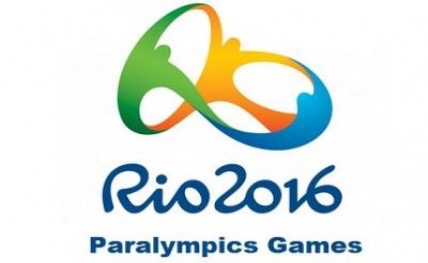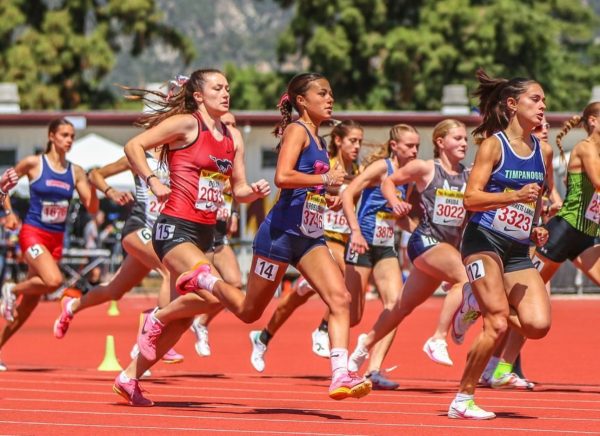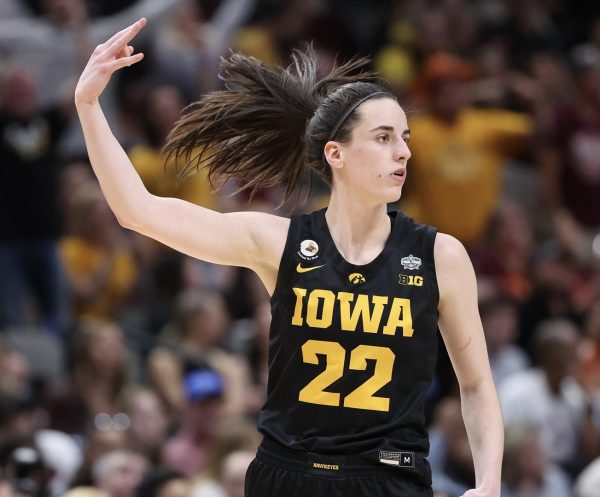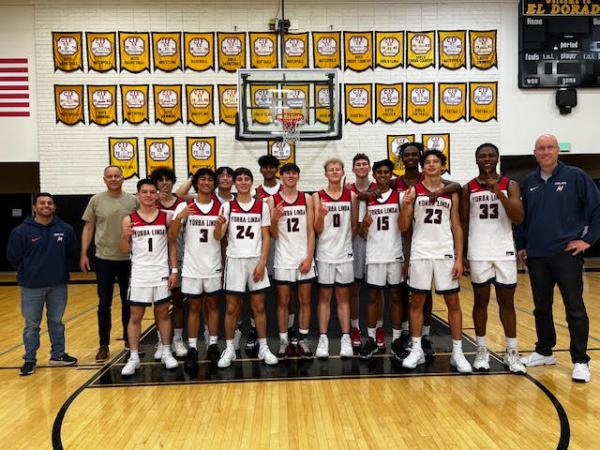Paralympic Games of 2016

Over 4,000 athletes has the opportunity to participate in the 2016 Paralympic Games.
September 28, 2016
The Olympics officially wrapped up on September 18th in Rio de Janeiro with the closing ceremony of the Paralympic Games.
The festivities began on September 7th at the Maracanã Stadium with the theme “Todo Mundo tem um Coração,” which translates to “Everybody Has a Heart.” In total, 159 National Paralympic Committees are participating at the 2016 Games, with a total of 4,342 athletes taking part. These athletes had the ability to participate in 22 sports, including archery, athletics, boccia, bowls, cycling, equestrian, football (5-a-side), football (7-a-side), goalball, judo, powerlifting, rowing, sailing, shooting, swimming, table tennis, volleyball, wheelchair basketball, wheelchair dance sport, wheelchair fencing, wheelchair rugby, and wheelchair tennis. Athletes must have an eligible impairment type to participate in the Paralympics. Paralympics classify athletes as follows:
“Impaired muscle power
The muscles in the limbs or trunk are completely or partially paralyzed as a consequence of conditions such as spinal cord injury, polio or spina bifida.
Impaired passive range of movement
Range of movement in one or more joints is permanently reduced due to trauma, illness or congenital deficiency (e.g. conditions such as arthrogryposis or joint contracture resulting from trauma).
Limb deficiency
A total or partial absence of bones or joints, from birth, as a consequence of trauma (e.g. traumatic amputation) or illness (e.g. amputation due to cancer).
Ataxia
Lack of muscle coordination due to problems with the parts of the central nervous system that control movement and balance, typical of conditions such as traumatic brain injury and cerebral palsy.
Athetosis
Repetitive and more or less continual involuntary movements caused by fluctuating muscle tone arising from problems in the central nervous system, typical of conditions such as cerebral palsy.
Hypertonia
Abnormal increase in muscle tension with reduced ability of muscles to stretch, and joint stiffness, slowness of movement and poor postural adaptation and balance, due to problems in the central nervous system, typical of conditions such as cerebral palsy, traumatic brain injury and stroke.
Short stature
Standing height and limb length are reduced due to conditions such as achondroplasia and osteogenesis imperfecta.
Leg length difference
Minimum of 7cm leg length difference due to trauma, illness or congenital conditions.
Visual impairment
Vision is impacted by either an impairment of the eye structure, optical nerve / pathways or the part of the brain controlling vision (visual cortex).
Intellectual impairment
Limited intellectual functions and adaptive behavior which must be diagnosed before the age of 18.”
Team USA sent 289 athletes who ended up winning a total of 115 medals (40 Gold, 44 Silver, and 31 Bronze) for our country (ABC News). Even though these numbers were impressive, in the overall medal count Team USA only finished forth behind the People’s Public of China (239), Great Britain (147), and Ukraine (117). Team USA’s finish was extremely impressive because it marks the most won by the U.S. team since the 1996 Games in Atlanta where they had 158. Over half of the medals (70) were earned by women ( 24 gold, 24 silver and 21 bronze).
Fans across the entire world were moved by the hardships these athletes had to endure and how far they have come. Maggie Shi (12) confessed ” I was extremely touched by all the athletes that I watched and read about. It’s amazing to hear their story and how similar they are to us.”
The games concluded September 18th at the same location where they opened. International Paralympic Committee president Phillip Craven led a moment of silence for Iranian cyclist Bahman Golbarnezhad (who tragically died the day before in a cycling accident while competing for a metal) and also passed on the Olympic torch to Tokyo for the 2020 Summer Games.





















